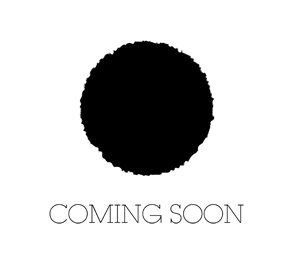
In choosing Victor Hugo for his first major theatre direction project, Christophe Honoré amazes, intrigues.Angelo, the Tyrant of Padua is even more surprising: rarely staged, this play is almost incongruous. For him, it is a text whose clarity obviously hides secret doors and obscure and ambiguous underground passages. In it he looked for, and found, two female roles for Clotilde Hesme (Tisbe) and Emmanuelle Devos (Catarina).The first is Angelo’s mistress, the second his wife, but both of them secretly love the same man, Rodolfo. Powerless to make himself loved, jealous, suspicious, authoritarian and violent, the tyrant does not succeed in changing the course of his inclinations.
Victor Hugo thus wrote a drama of hearts in which the harshest power plays with the purest feelings. This domestic tyranny, which turns into a romantic melodrama, allows Christophe Honoré and his actors to explore the territory of the intimate. For the issue of tyranny is not so much power as desire. It is its forms, as they manifest themselves and break out that the show tries to capture, if only for a moment. On the stage, here is then the amorous language, the bodies of desires, the eternal vows, a proof or two of love, but above all the strategies, hopes and nightmares that they engender. Why, in this cold universe, must desire infiltrate despite everything and turn things upside-down, throw everything to the ground, revolt? This question is at the core of Christophe Honoré’s work. Here, he tackles the text with the freedom of the cinema, a formal freedom that permits him to “reframe” the bodies, to go closer, to have the seething of hearts be seen and felt on the women’s skin. But he nonetheless resorts to the theatre, to actors and actresses, unfolding a lyricism that comes from the acting, that is not afraid to be visible, to impose bursts and flights of feeling as well as despondencies and agonies.
Christophe Honoré measure himself against a vision, that of Victor Hugo, against a theatre of manifesto and epic ambition. “The equivalent of the cinemascope on stage?” Christophe Honoré asks himself. A romantic drama in prose, Angelo, the Tyrant of Padua is a little-known play from the repertory of Victor Hugo (1802-1885). He was 30 years old but had already acquired maturity when he wrote this story of tyranny and feelings for the stage of the Théâtre-Français. A tragedy infused with power and fragility in which the destiny of four passionate beings is played out in the space of three days.
The play is fully costumed by Yohji Yamamoto, Limi Feu and Coming Soon in the idea of Christophe Honoré to have timeless outfits for this timeless story.
The 4 “sbires” are wearing COMING SOON.
CAST
Direction Christophe Honoré
Direction assistance Florian Richaud
Scenography Samuel Deshors
Lighting Rémy Chevrin
Sound Valérie Deloof
Costumes Yohji Yamamoto, Limi Feu and Coming Soon
With Jean-Philippe Albizzati as Virgilio Tasca, Jean-Charles Clichet as Gaboardo, Anaïs Demoustier as Dafne, Emmanuelle Devos as Catarina, Marcial di Fonzo Bo as Angelo, Clotilde Hesme as La Tisbe, Julien Honoré as Homodei, Hervé Lassïnce as Rodolfo, Antoine Nembrini as Troilo, Sébastien Pouderoux as Orfeo






